Optimal Timing for Solar Panel Maintenance
The optimal timing for solar panels service depends on several factors, including seasonal weather patterns and system usage. Regular maintenance is recommended during periods of low sunlight to minimize disruption and ensure maximum efficiency. Typically, late fall or early spring are ideal times for inspections, cleaning, and system checks to prepare for peak sunlight months.
Performing service during spring and fall helps optimize system performance and prolongs lifespan.
Avoid scheduling during harsh weather conditions like storms or extreme cold to ensure safety and effectiveness.
Regular inspections can identify issues early, improving energy output and reducing repair costs.
Cleaning is most effective when performed during dry, moderate weather conditions.
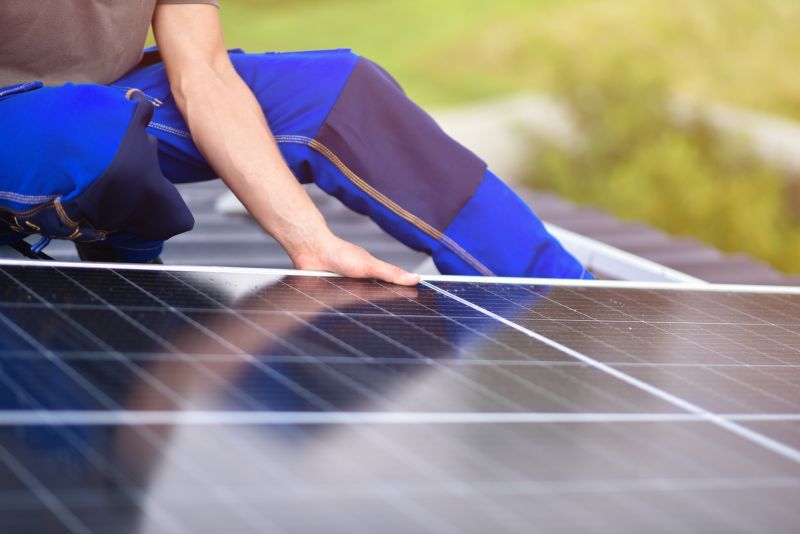
Ways to make Solar Panels Service work in tight or awkward layouts.
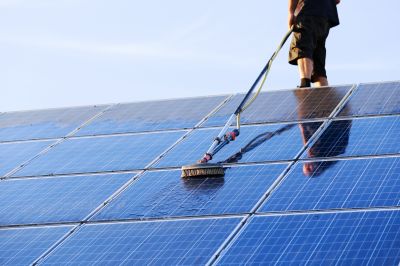
Popular materials for Solar Panels Service and why they hold up over time.
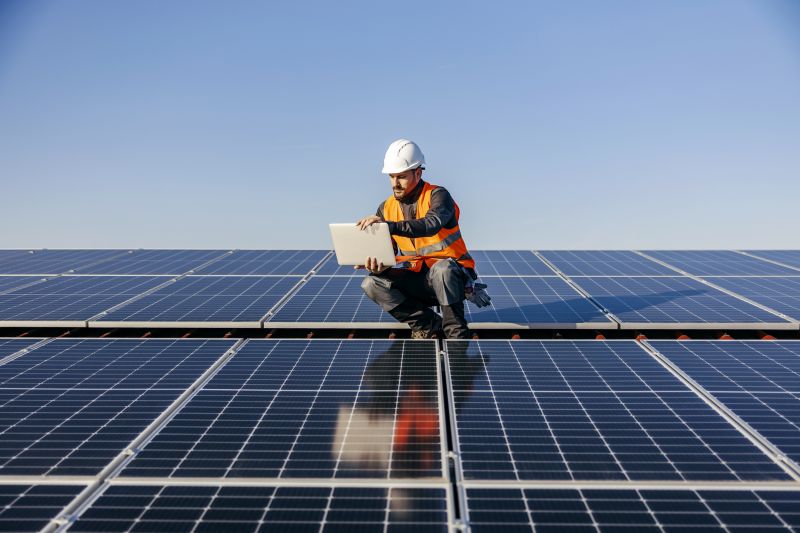
Simple add-ons that improve Solar Panels Service without blowing the budget.
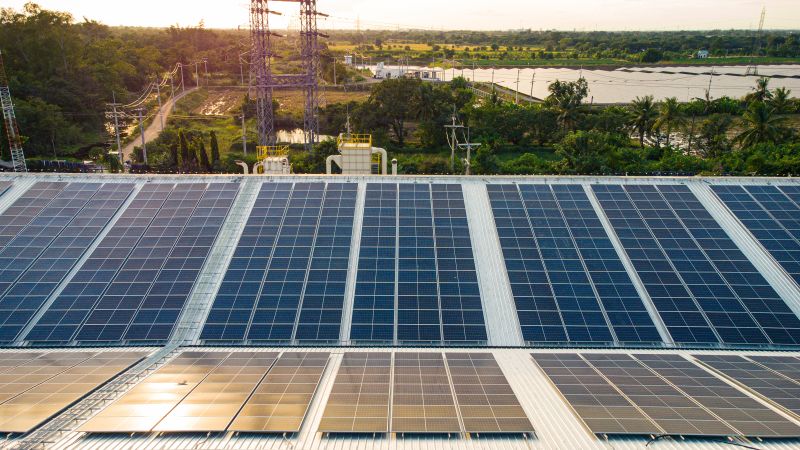
High-end options that actually feel worth it for Solar Panels Service.
| Season | Recommended Service Activities |
|---|---|
| Spring | Inspection, cleaning, system check |
| Summer | Monitoring, minor cleaning if needed |
| Fall | Inspection, cleaning, preparation for winter |
| Winter | System check, minor repairs |
Solar panels service involves routine inspections, cleaning, and system assessments to ensure optimal performance. Proper timing of these services can lead to increased energy efficiency and longer system lifespan. Weather conditions and seasonal changes influence the best periods for maintenance, with spring and fall being most favorable for comprehensive service activities.
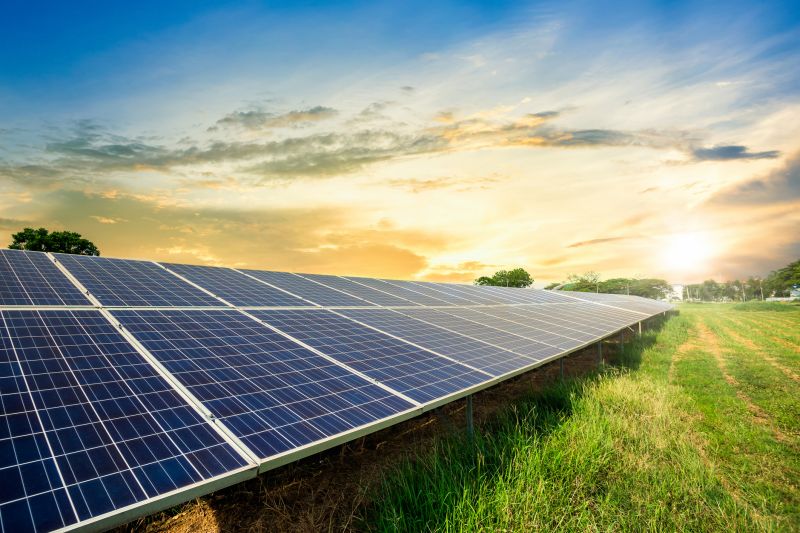
Finishes and colors that play nicely with Solar Panels Service.
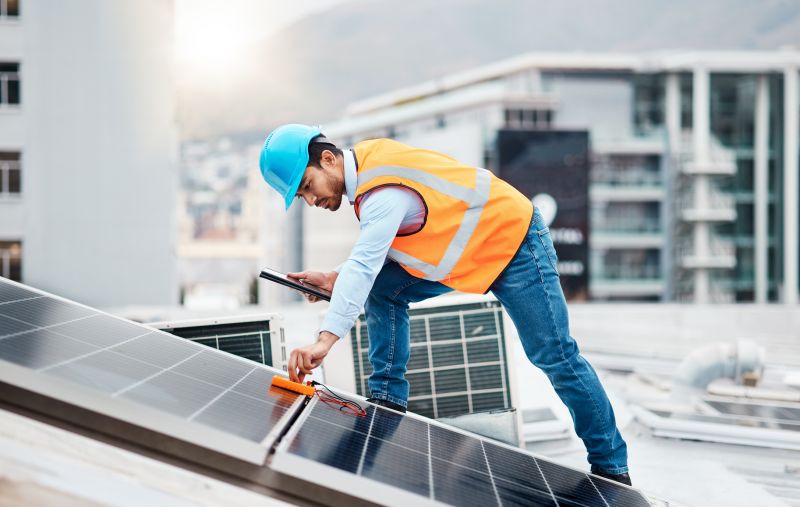
Little measurements that prevent headaches on Solar Panels Service day.
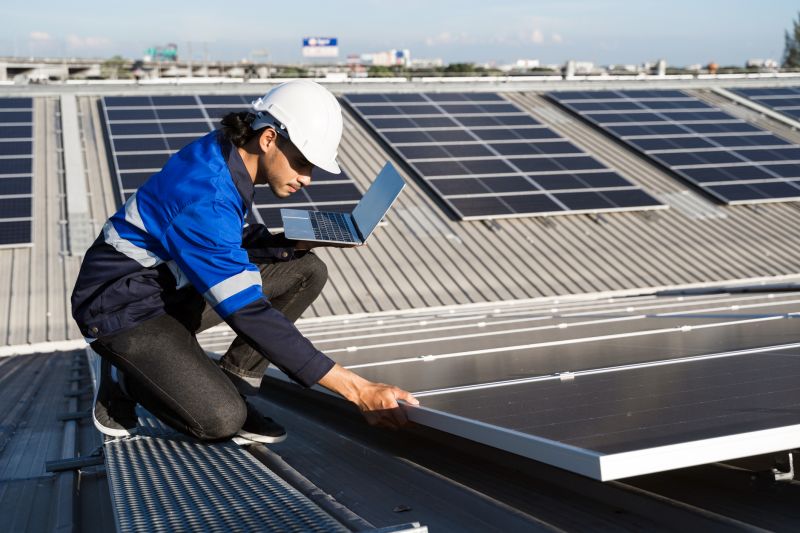
A 60-second routine that keeps Solar Panels Service looking new.
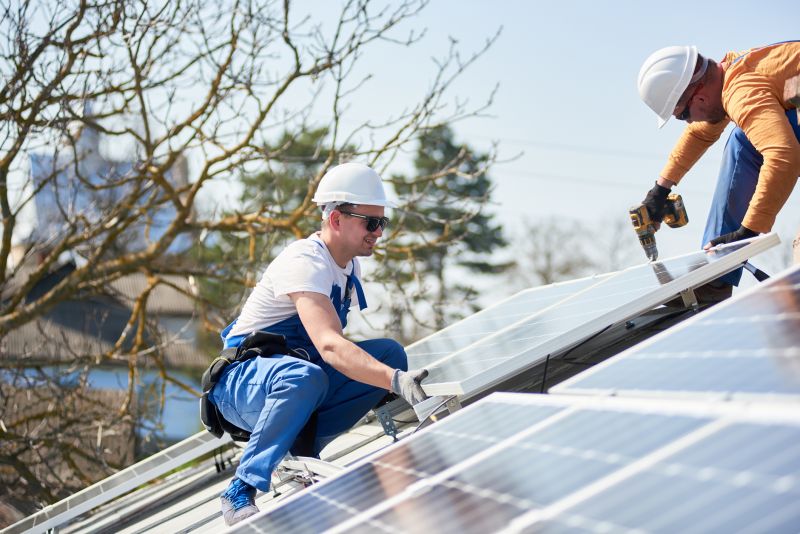
A frequent mistake in Solar Panels Service and how to dodge it.
Regular service ensures solar energy systems operate at peak efficiency, reducing potential downtime and repair costs. Scheduling maintenance during favorable weather conditions and before high-demand seasons maximizes energy production and system longevity. Proper timing and routine care are essential for reliable solar power generation.


